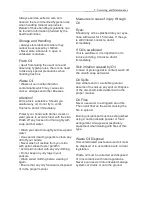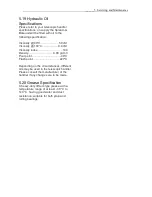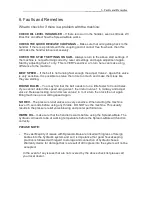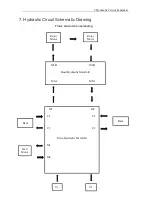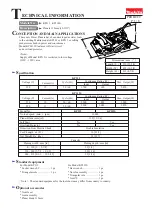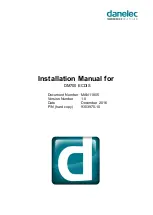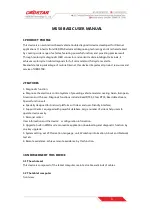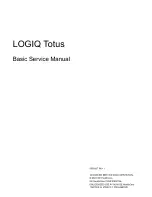
_______5. Servicing and Maintenance
Always exercise extreme care and
observe the recommended hygiene rules
when handling mineral oil products.
Details of these handling regulations can
be found in information provided by the
health authorities.
Storage and Handling
• Always store lubricants where they
cannot be accessed by children.
• Never store lubricants in open or
unlabeled containers.
Fresh Oil
• Apart from taking the usual care and
observing hygiene rules, there is no need
to take any special precautions when
handling fresh oil.
Waste Oil
• Waste oil can contain harmful
contaminants which may cause skin
cancer, allergies and other illnesses.
Attention!
Oil is a toxic substance. Should you
swallow any oil, do not try to vomit.
Contact a doctor immediately.
Protect your hands with barrier cream or
wear gloves to avoid contact with the skin.
Wash off any traces of oil thoroughly with
soap and hot water.
• Wash your skin thoroughly with soap and
water.
• Use special cleaning agents to clean any
dirt off your hands.
• Never wash oil residue from your skin
with petrol, diesel fuel or paraffin.
• Avoid skin contact with any oily clothing.
• Do not keep any oily rags in your
pockets.
• Wash soiled clothing before wearing it
again.
• Ensure that any oily footwear is disposed
of in the proper manner.
Measures in case of injury through
Oil
Eyes:
Should any oil be splashed into your eyes,
rinse with water for 15 minutes. If the eye
is still irritated, contact a doctor
immediately
If Oil is swallowed
If oil is swallowed, it is important not to
induce vomiting. Contact a doctor
immediately.
Skin irritation caused by Oil
In case of prolonged skin contact, wash off
the oil with soap and water.
Oil Spills
Use either sand or a suitable granular
absorbent to soak up any spilt oil. Dispose
of the oil-contaminated absorbent in the
proper manner.
Oil Fires
Never use water to extinguish an oil fire.
The oil will float on the water causing the
fire to spread.
Burning oil-lubricant must be extinguished
using a carbon dioxide powder or foam
extinguisher. Always wear respiratory
equipment when dealing with fires of this
type.
Waste Oil Disposal
Oil-contaminated waste and used oil must
be disposed of in accordance with current
legislation.
Waste oil must be collected and disposed
of in accordance with local regulations.
Never pour used oil into unsealed sewage
systems or drains or onto the ground.















